What is ERBITUX 100MG?
ERBITUX 100 MG is a prescription medication containing Cetuximab 100 mg as its active ingredient. Cetuximab is a monoclonal antibody that targets the epidermal growth factor receptor (EGFR), which is involved in the growth and spread of certain types of cancer cells.
What is the Use of ERBITUX 100MG?
ERBITUX 100 MG is primarily used to:
-
Treat metastatic colorectal cancer that expresses EGFR.
-
Manage head and neck squamous cell carcinoma.
-
Be used in combination with chemotherapy or radiation therapy to slow tumor growth and improve treatment outcomes.
Benefits of ERBITUX 100MG
-
Helps slow down or stop cancer cell growth by targeting EGFR.
-
Can be used in combination with other treatments to improve overall effectiveness.
-
Provides a targeted therapy option for patients with specific EGFR-positive cancers.
Side Effects of ERBITUX 100MG
-
Skin rash or acne-like eruptions
-
Fatigue or weakness
-
Fever or chills
-
Nausea or vomiting
Serious but rare side effects may include:
-
Severe infusion reactions (difficulty breathing, low blood pressure)
-
Heart or lung complications
-
Electrolyte imbalances
Patients should be closely monitored during treatment, especially during the first infusion, to manage any severe reactions.
1. What is ERBITUX 100MG used for?
It is used to treat EGFR-positive metastatic colorectal cancer and head and neck squamous cell carcinoma.
2. What is the active ingredient in ERBITUX 100MG?
The active ingredient is Cetuximab 100 mg, a monoclonal antibody targeting EGFR.
3. How does ERBITUX 100MG work?
It binds to EGFR on cancer cells, blocking signals that promote tumor growth and survival.
4. How is ERBITUX 100MG administered?
It is given as an intravenous infusion under the supervision of a healthcare professional.
5. Can ERBITUX 100MG be used alone?
Yes, but it is often used in combination with chemotherapy or radiation therapy for better effectiveness.
6. What are common side effects?
Common side effects include skin rash, fatigue, fever, chills, nausea, or vomiting.
7. What are serious side effects?
Serious effects may include severe infusion reactions, heart or lung complications, or electrolyte imbalances. Immediate medical attention is required.
8. Who should avoid ERBITUX 100 MG?
Patients with allergies to Cetuximab, severe heart or lung issues, or previous severe infusion reactions should avoid it unless prescribed by a doctor.
9. Can it be used during pregnancy or breastfeeding?
Safety in pregnancy and breastfeeding is not established. It should only be used if the potential benefit outweighs the risk.
10. How often is ERBITUX 100 MG given?
Dosage and frequency depend on the type of cancer, body weight, and treatment protocol. Follow the oncologist’s instructions.
11. Can I take other medications while on ERBITUX 100 MG?
Inform your doctor about all medications and supplements, as some may interact with treatment.
12. How should ERBITUX 100 MG be stored?
Store in a refrigerator at 2–8°C, protected from light. Do not freeze.
13. What should I do if I experience a severe infusion reaction?
Stop the infusion immediately and notify medical staff. Emergency treatment may be required.
14. Does ERBITUX 100 MG cure cancer?
No. ERBITUX slows tumor growth and improves treatment outcomes, but it is not a definitive cure.
15. Is regular monitoring required during treatment?
Yes. Patients require regular blood tests, vital monitoring, and skin assessments to ensure safe and effective treatment.

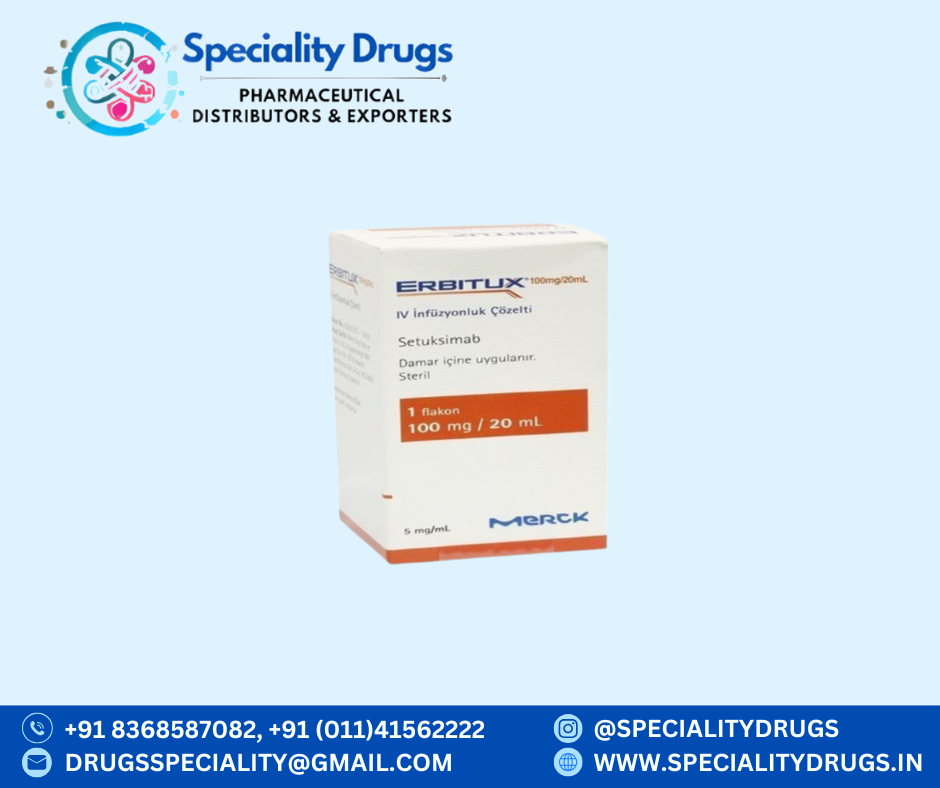
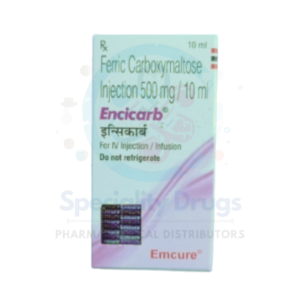
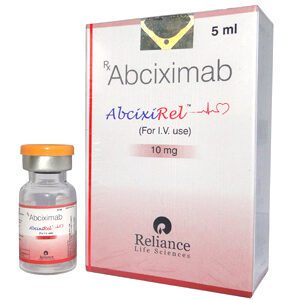
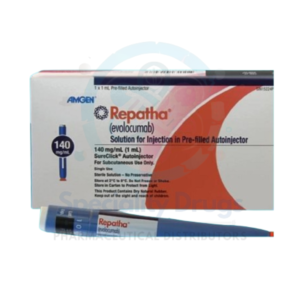
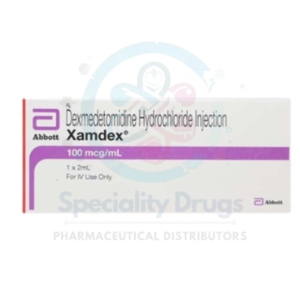
Reviews
There are no reviews yet.